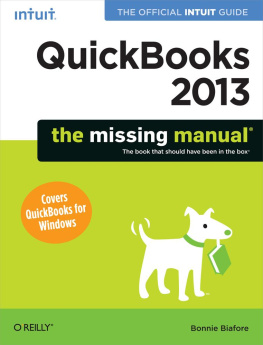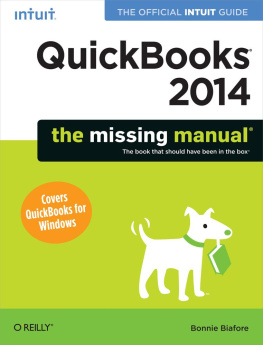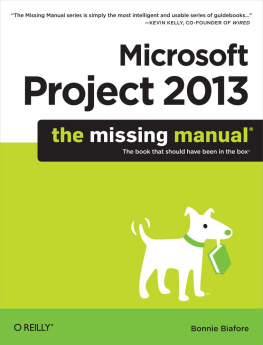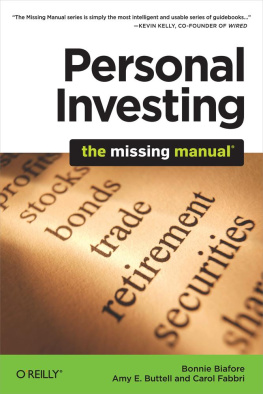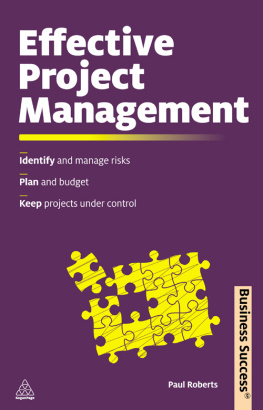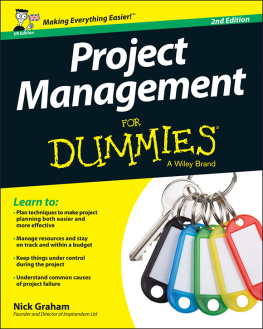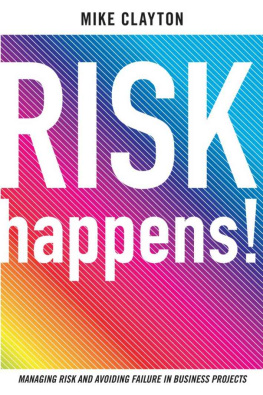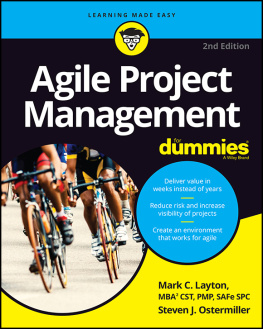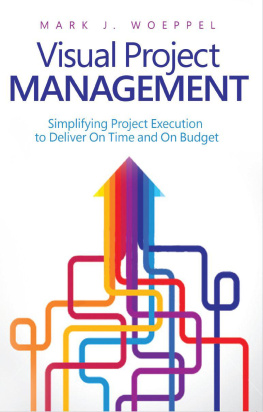Part I
Understanding Projects and Project Management
Chapter 1: Getting to Know Projects
Chapter 2: Getting to Know Project Management
Chapter 1
Getting to Know Projects
If your boss walks into your cubicle one day and says I've got a little project for you to do, you probably don't even think twice. You've tackled your share of projects at home and at the office so you already know that quite often they're simple, short-term assignments. When you're finished, you wipe your hands and go back to what you normally do.
At some point, you probably think about taking a more structured approach to handling them. Perhaps you want to try your hand at bigger projects, increase your success rate on the projects you perform, or simply get them done with less drama and fewer surprises. The first thing you want to know is what makes a project a project. They come in all shapes and sizes, but projects share a few characteristics that differentiate them from day-to-day work. This chapter provides a definition of a project and describes each characteristic. It also discusses how projects differ from other types of work.
What Is a Project?
It's tough to get through a week without working on some kind of project, at work, at home, or both. Projects span a broad range of endeavors and so you'll meet them regardless of what line of work you're in. If you've built a deck in your backyard, thrown a party, bought a house, or remodeled your kitchen, you've worked on projects. In the work world, producing a new marketing brochure or website, developing new products, building a new corporate campus, and landing on the moon all represent projects. What do all these undertakings have in common? The following is one definition of a project:
A project is a unique endeavor with clearly defined objectives and deliverables, clear-cut starting and ending dates, and, most of the time, a budget.
shows how all the pieces of the project definition fit together. But what do all the components of that definition really mean? What is a unique endeavor? What are clearly defined objectives and deliverables? What are clear-cut starting and ending dates? And how does a budget fit in? The following sections discuss the various aspects of a project in more detail and provide several examples so you can identify projects when you see them.
Example Projects
This book uses four different projects as examples. The sections in this chapter explain why each of these examples meets the criteria for a project.
- Backyard deck construction
Almost everyone has worked on a simple construction project, so this example acts as a link between what you're learning about project management and your experience with projects so far. Building a deck in the backyard is a simple example of a construction project.
Companies develop new products and services all the time, so you may run into a project like this at work. Later in this chapter, you learn how a project to develop a new product is different than actually manufacturing or providing the product to customers.
- Exhibiting at a trade show
A trade show is like a lot of other types of events, such as parties or conferences. They require a lot of planning and preparation up front in order to make the big finale a success.
- Training program development
Whether you want to teach your kids about money or have an assignment to develop training for your company, the development of a training program is a good example of a project.
Elements of a project

A Project Is a Unique Endeavor
Every project is unique, although the differences can be large or small. Some projects are performed more than once, so you might mistake them for ongoing work. For example, a landscaping contractor might build dozens of backyard decks each summer, but each deck has aspects that make it unique. The variations from project to project are what make managing projects so special and interesting. Not only is every project different, but every day that you manage one is different, too. Here are some examples of how projects are unique:
- Backyard deck construction: Your idea of the perfect size and shape of a deck can be different than your neighbor's. You can choose from a variety of materials. The types of supports you use depend on whether the backyard is soft dirt, sand, or solid rock. The schedule could be affected by a long string of bad weather or whether you hire kids or a professional contractor.
- New product development: Every product is a little different from every other product, even the previous version of a product your company already sells. For example, your company's new product, the in-town hover-scooter, requires different designs, different components, and different testing procedures from a traditional scooter that has wheels on the ground.
- Exhibiting at a trade show: The audiences for trade shows can vary from the do-it-yourself construction crowd to professional contractors. Trade shows take place in different locations. The procedures you must follow to ship materials to the show or the crews that you use on site vary depending on the trade show organizers.
- Training program development: The topic of a training program can affect the way you teach and the tools you use. The materials for a course vary depending on whether it's taught in a classroom, online, or through video. Courses for adults are designed differently than those for school-age children. The duration of courses vary.
A Project Has Clearly Defined Objectives and Deliverables
Projects have a point. Otherwise, you or your organization wouldn't spend time, effort, and money doing them. Projects are run in order to achieve a goal a problem to solve or an opportunity to take advantage of. Although you might be able to sum up the purpose of a project in a single sentence, that purpose usually represents a number of specific objectives that the project must achieve and deliverables that you must hand over to call the project complete.
Clearly defined objectives and deliverables are important because you use them to tell when a project is done. Otherwise, a project can seem to go on forever because it's never quite finished. Similarly, clearly defined objectives and deliverables help you determine whether a project has been completed successfully. When you spell out objectives and deliverables, it's easier for everyone involved to tell whether the objectives have been met and the deliverables match the description you started with.
Who's Responsible for Achieving Business Goals?
As a project manager, you are rarely responsible for achieving the business goals that led to your project being started. Typically, your project is defined to produce deliverables and achieve intermediate objectives that business managers can use to drive the business results they want.
Vaguely defined or missing objectives lead to the demise of many a project. Without clearly defined objectives, you can end up working on a project long past its due date because you can't tell whether you're done. Or you can work longer and spend a lot more money because you didn't accomplish what you were supposed to. Yogi Berra famously said, You've got to be very careful if you don't know where you are going because you might not get there. The same could be said for projects with poorly defined objectives.
The following are some possible objectives and deliverables for the four example projects in this book:


